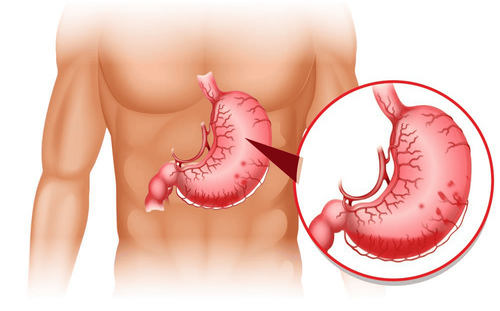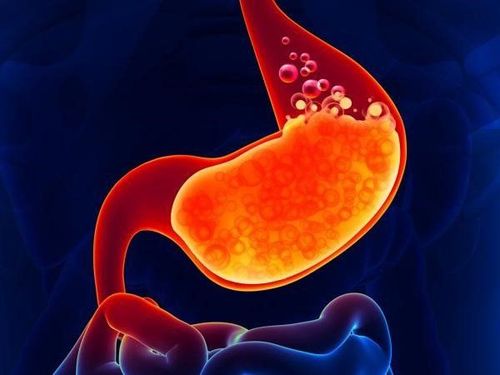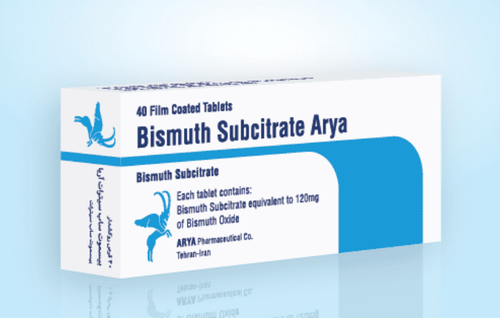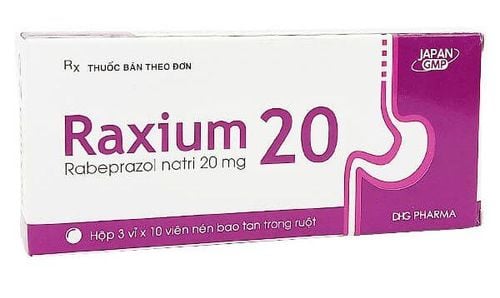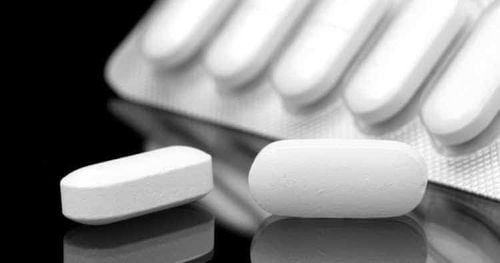This is an automatically translated article.
Stomach prolapse is a disease that greatly affects daily life and activities. Many people subjectively believe that gastric prolapse merely causes effects on the digestive tract. Let's learn about the harmful effects and complications of gastric prolapse through the article below.
1. What is gastric prolapse?
“What is gastric prolapse? ” is a frequently asked question by patients who visit a gastroenterologist when diagnosed with gastric prolapse. In fact, gastric prolapse is often discovered when the patient already has obvious symptoms of the disease. At this time, the patient needs to work closely with the doctor to be able to effectively treat this disease.
In the normal state, the stomach is located on the 11th rib of the upper abdomen. Gastroparesis is a condition in which the stomach prolapses from its original position and lies lower than its normal position. Stomach prolapse causes the patient to have epigastric pain, affecting the patient's digestion. More seriously, the complications of gastric prolapse will greatly affect the quality of life if not diagnosed and treated promptly.
2. Causes of gastric prolapse
Stomach prolapse due to many causes. In which, the most important is still the patient's eating and exercise habits, specifically as follows
The patient is suffering from physical weakness that can lead to damaged blood and blood, unrestored vital energy, poor eating It can lead to stomach pain first, then stomach prolapse. Improper diet is also one of the causes of gastric prolapse. After eating, exercise too much. People who have a history of stomach pain before but do not restrict exercise after eating a full meal makes the stomach tone and function of the stomach weaker, causing stomach prolapse People who think a lot, are mentally unstable or The body is always in a state of stress, fatigue, eating disorderly for a long time, making the spleen weak and causing stomach prolapse. Stomach prolapse can also be caused by rapid and sudden weight loss. Women who give birth a lot are also prone to gastric prolapse. People who practice sports, work too hard, and have little time to rest, so that the stomach does not have time to recover, can also cause gastric prolapse.
3. Symptoms of gastric prolapse
Stomach is the most important part of the digestive system, having stomach prolapse seriously affects the digestive system that provides energy for the body, which can be recognized through some of the following symptoms:
Always feel uncomfortable after eating. Usually there is a feeling of fullness in the abdomen, a feeling of a lower stomach, a feeling of tension in the epigastrium, or a feeling that something is pressing on the stomach. Occasionally, there will be a feeling of the stomach having the sound of water, but when lying on the back, nothing will be heard. People with gastric prolapse often burp easily, the oral cavity often has a bad odor. Stomach prolapse affects digestion, so the patient can change from an appetite to anorexia, poor nutrition. From poor nutrition, other factors are also affected such as color loss, poor appetite, mental decline, and easy fatigue. The bowel movement is also abnormal, loose stools and constipation may be unexplained. Psychologically affected leads to headaches and insomnia.
4. Is gastric prolapse dangerous?
“Is gastric prolapse dangerous?” It is also a question asked by many patients.
In the early stages of the disease, symptoms may not be obvious, patients only have a slight impact on quality of life. But if the disease progresses, it will affect the gastrointestinal tract, cause many complications and can lead to death. Therefore, this is a very dangerous disease and needs to be detected and treated early.
Stomach prolapse causes bleeding complications in the stomach, the patient vomits blood. Stomach prolapse affects digestion, causes physical decline, resistance and severely affects the health of the patient. The treatment of gastric prolapse requires the patient's patience, it is necessary to go to the doctor first to diagnose and give the appropriate treatment for gastric prolapse. At the same time, the medicine must be taken at the right dose and at the right time.
5. What to do to prevent gastric prolapse?
To prevent gastric prolapse, patients need to have a reasonable diet and exercise, avoid putting pressure on the stomach with irritating foods, eating too full or exercising vigorously after eating. .
Adjust a reasonable diet, limit eating cold, spicy, sour, greasy foods that cause indigestion. The foods should be preferred soft, liquid, food prepared by boiling or steaming to make it easier for the stomach to digest. Avoid fried or fried foods with a lot of fat. Chew carefully and evenly, you should give up the habit of eating without chewing that can cause stomach pain. After eating, you should have a suitable rest, avoid vigorous exercise after eating, exercise moderately. Upper and lower abs exercises can be done 2-3 hours after eating. In summary, gastric prolapse is a common disease today and the age is getting younger. Early detection and treatment of gastric prolapse can help patients stabilize their digestive system and not affect their quality of life.
Please dial HOTLINE for more information or register for an appointment HERE. Download MyVinmec app to make appointments faster and to manage your bookings easily.





